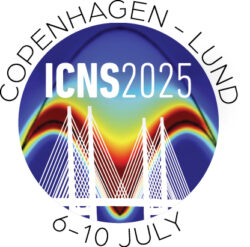Welcome to the website of the
Société Française de la Neutronique
Welcome to the website of the
Société Française de la Neutronique
The SFN is a learned society created in 1994 to promote neutronics within the scientific community and to federate the French neutronics community, covering a wide range of scientific fields (physics, chemistry, biology, etc.).
Every year, it organises the Journées de la Diffusion Neutronique, during which it awards its thesis prize to a young scientist.
Thematic Schools are held regularly, with courses published and freely accessible.
Finally, this website is at your disposal: it provides a forum for exchanging information about neutronics. Don’t hesitate to contact us and provide new ideas of contents!
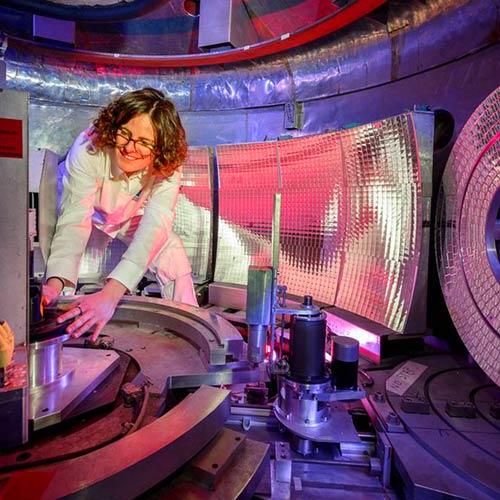
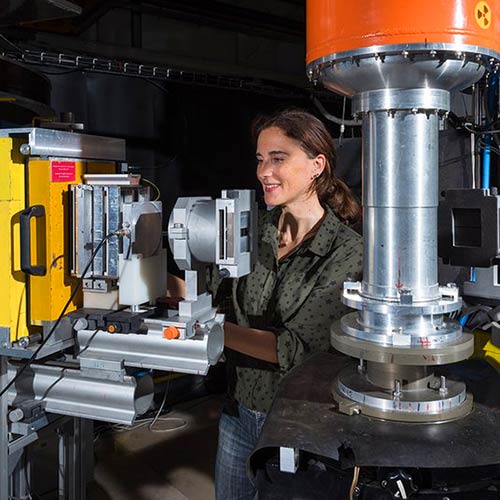
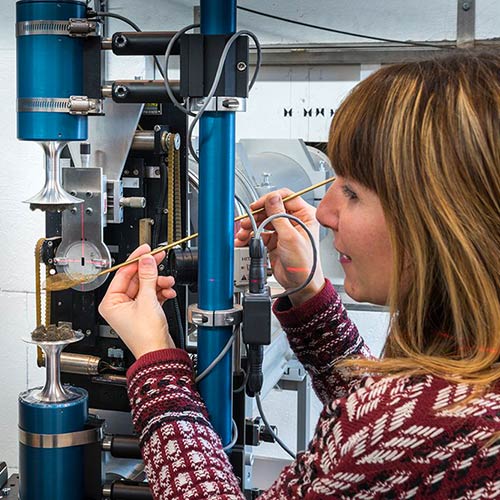
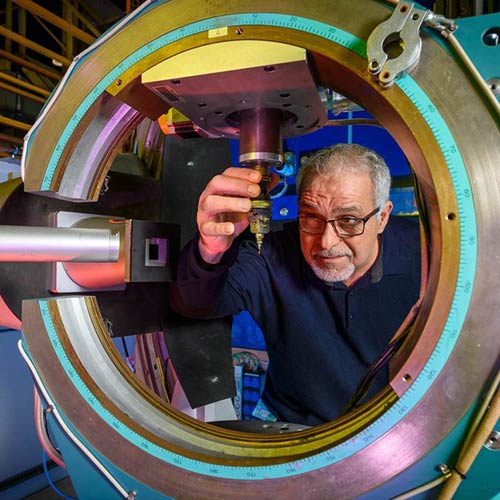
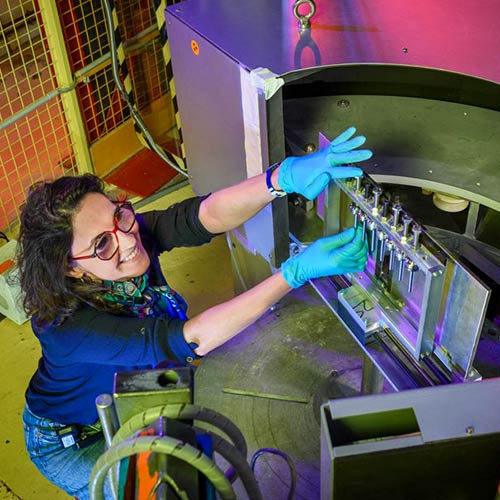
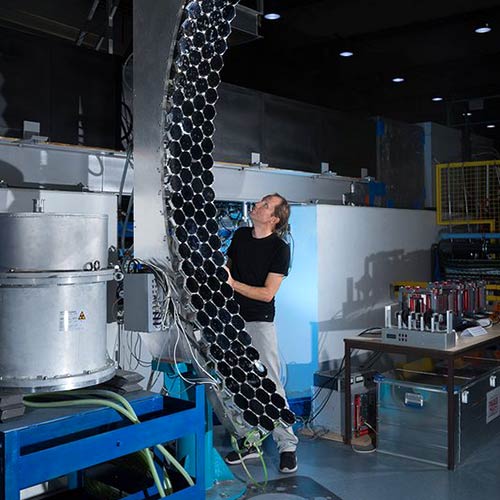
SFN documents
- Please find here the report of the round table on the future of French neutron scattering held during JDN2024.
- A round table on HiCANS and the ICONE project was held during the JDN2023. Please find here a summary of the discussion.
- The SFN calls for an ambitious French policy for neutron scattering. A letter has been sent in 2023 to the Ministry of Higher Education and Research, the CNRS and the CEA.
Bulletin SFN-2FDN

The latest SFN-2FDN monthly newsletter is now available!
This newsletter is dedicated to the community of neutron scattering users. It is co-edited by 2FDN and SFN.
SFN Thesis Prize
Winner 2024
Jury chaired by Laurent Michot
Tiago Outerelo Corvo
Structures and dynamics of Poly(Ionic liquid) in bulk and at interfaces
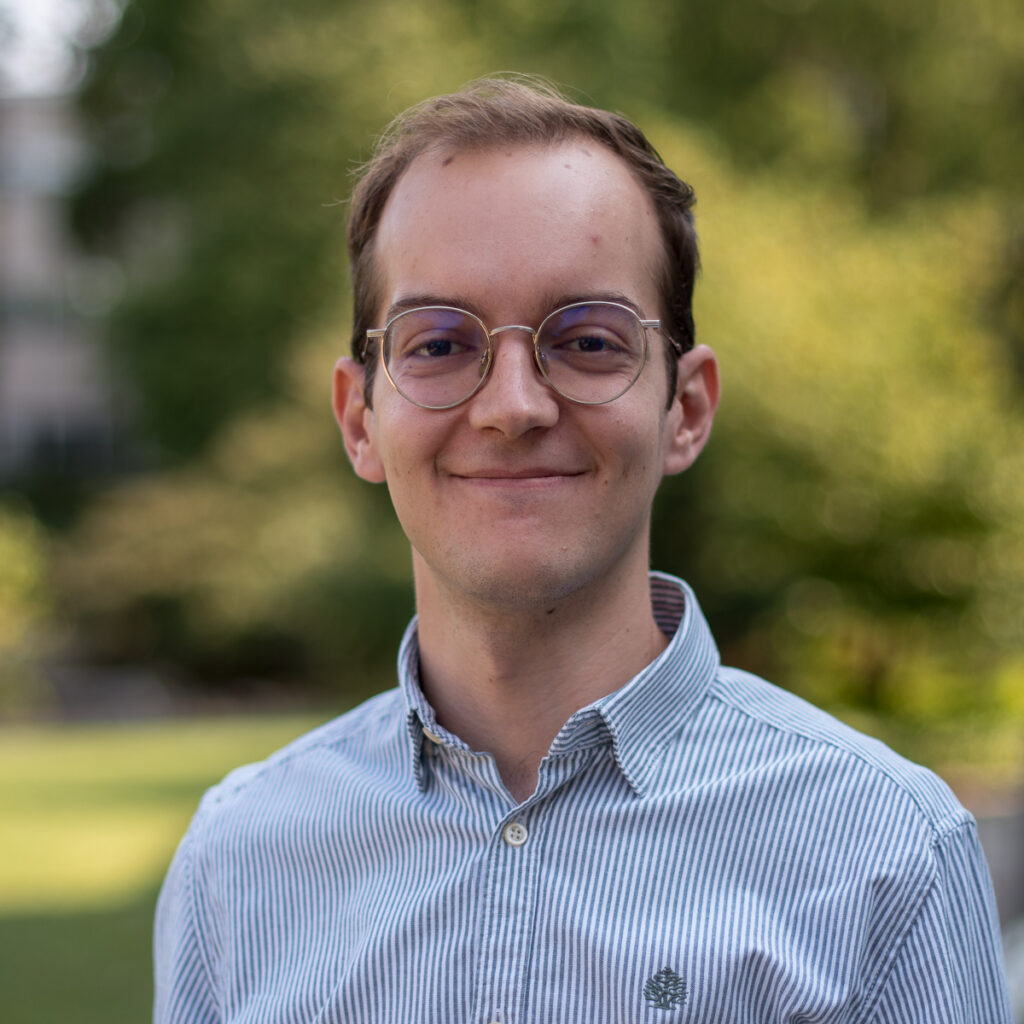
News
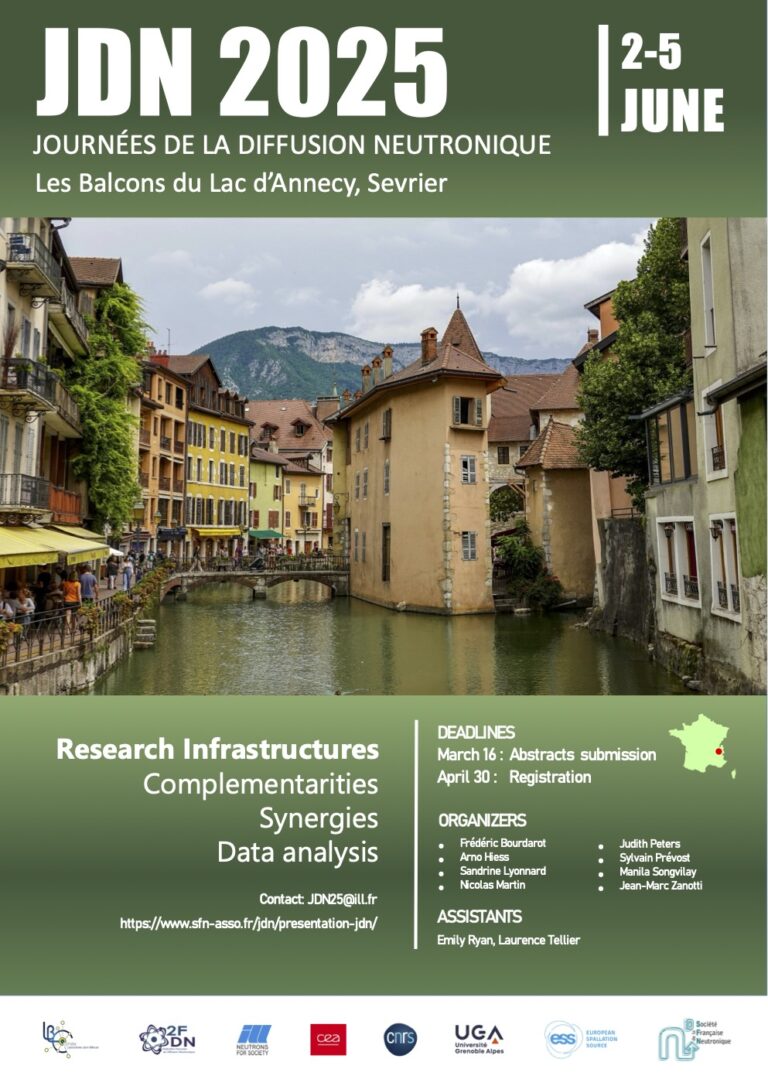
JDN 2025
The next Journées de la Diffusion Neutronique will take place on June 2-5 at Annecy Lake. More information here.
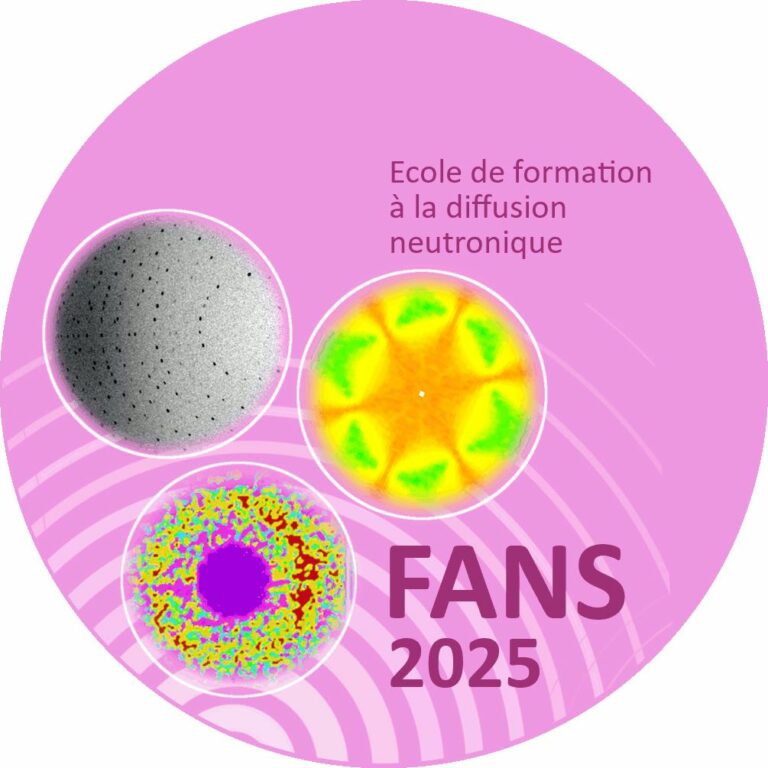
FANS 2025
The next FANs school will take place on June 24-26 at the ILL, Grenoble. More information here.
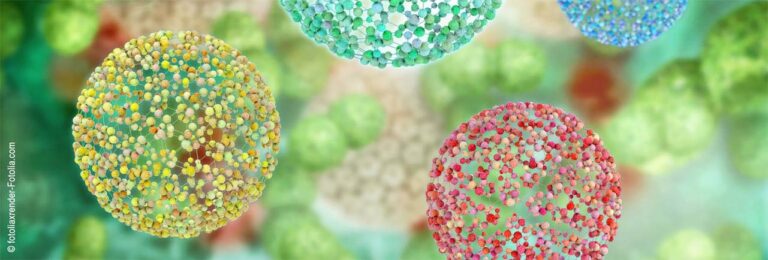
Soft Matter Summer School 2025
The Soft Matter Summer School 2025 will take place on July 1-3 at the ILL. More information here.
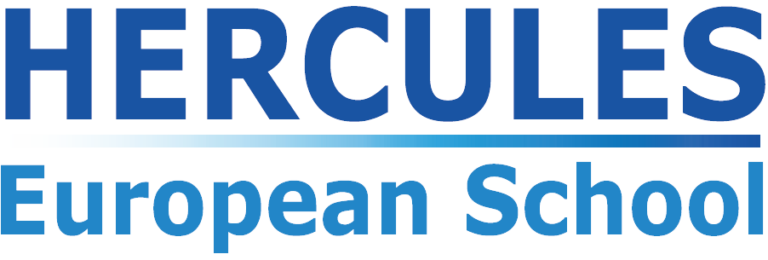
HERCULES
HERCULES is a European school dedicated to thesis students and young researchers using Neutrons and Synchrotron Radiation for applications in Biology, Chemistry, Physics and Condensed Matter (hard and soft).
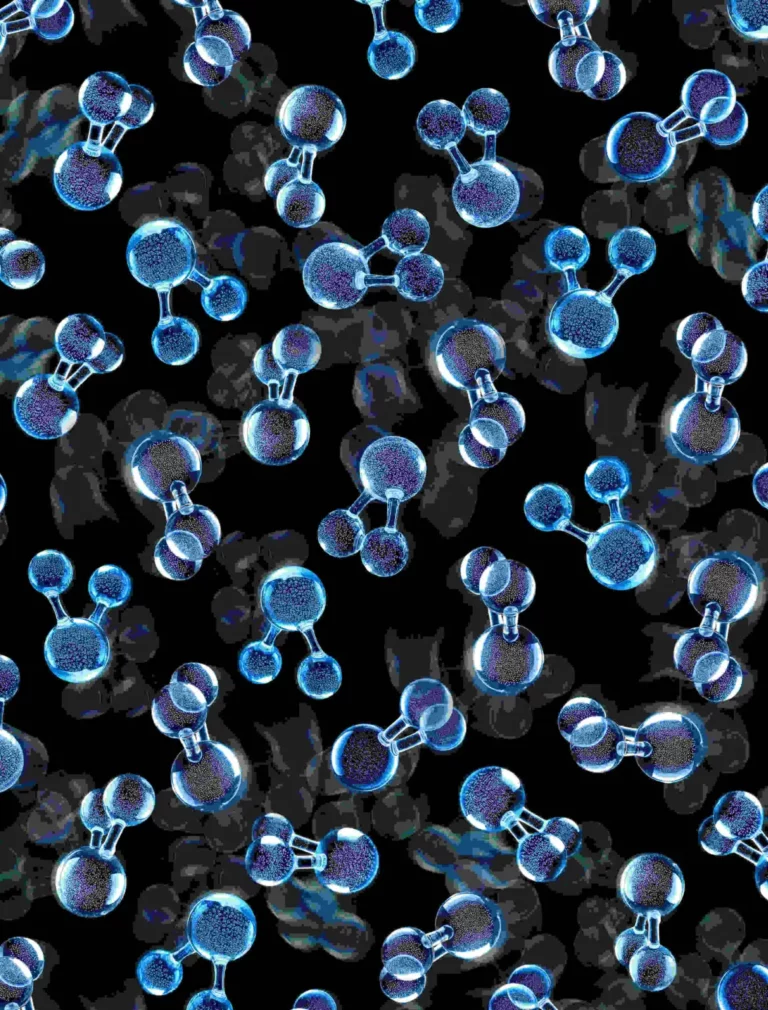
Une glace qui fait tourner la tête
Dans une étude techniquement très ardue combinant des expériences de diffusion de neutrons sous conditions extrêmes et des simulations moléculaires, l’équipe dirigée par L.E. Bove a observé pour la première fois la glace VII plastique. Cette phase exotique, prédite il y a plus d’une décennie, se forme à des pressions supérieures à 50 000 atmosphères et à des températures dépassant 500 K. Cet état est un hybride entre un liquide et un solide : les molécules d’eau sont disposées dans un réseau cubique dense tout en conservant une liberté de rotation, à l’instar d’un liquide.
Grâce à la diffusion quasi-élastique des neutrons (QENS) menée à l’Institut Laue-Langevin de Grenoble, l’équipe a mis en évidence la nature singulière de cette phase, caractérisée par des rotations sous forme de sauts. Des analyses complémentaires, basées sur des simulations de dynamique moléculaire et des chaînes de Markov, ont permis de confirmer le mécanisme de réorientation des molécules d’eau observé par les neutrons.
Cette découverte a des implications majeures en planétologie, car la plasticité de la glace VII influence les propriétés thermiques et mécaniques des intérieurs planétaires glacés. Elle pourrait notamment expliquer certaines différences clés dans l’évolution des lunes de Jupiter, Ganymède et Callisto, tout en apportant de nouvelles perspectives sur la formation des planètes riches en eau.
